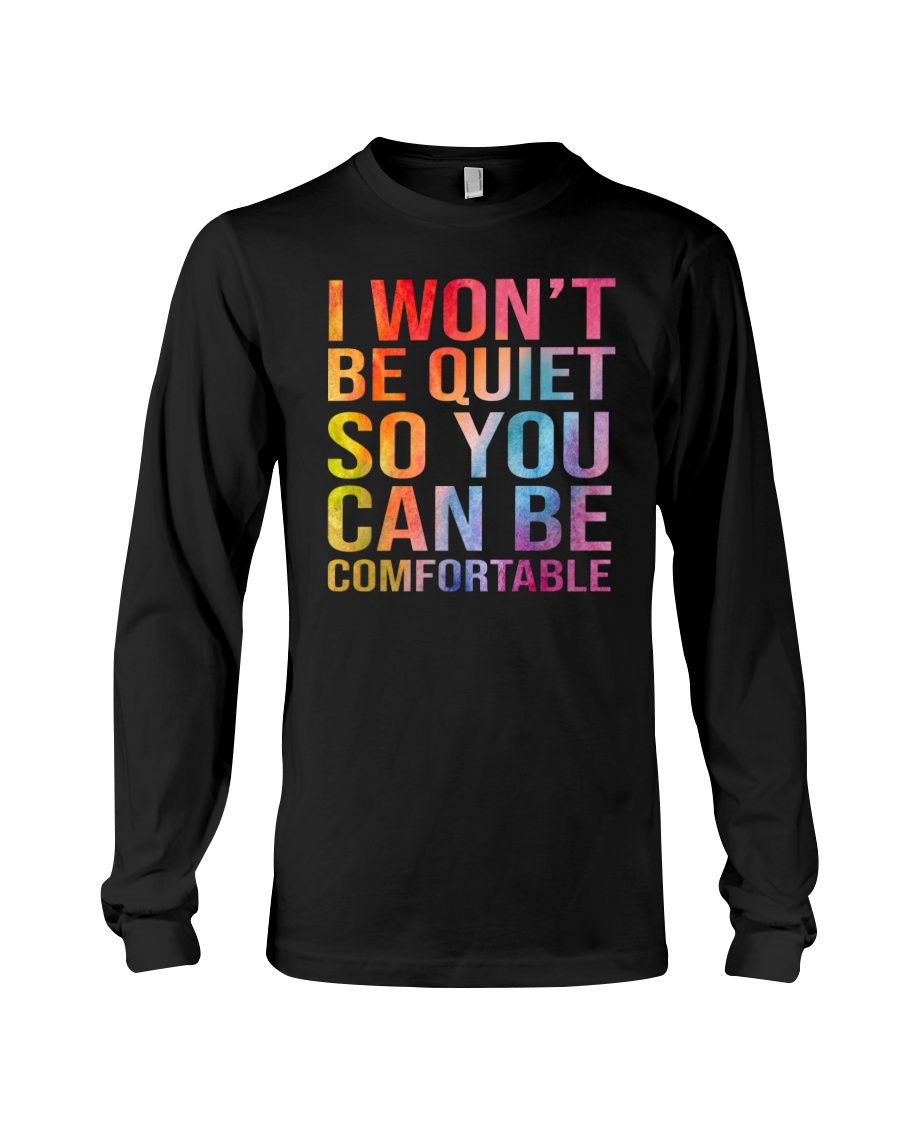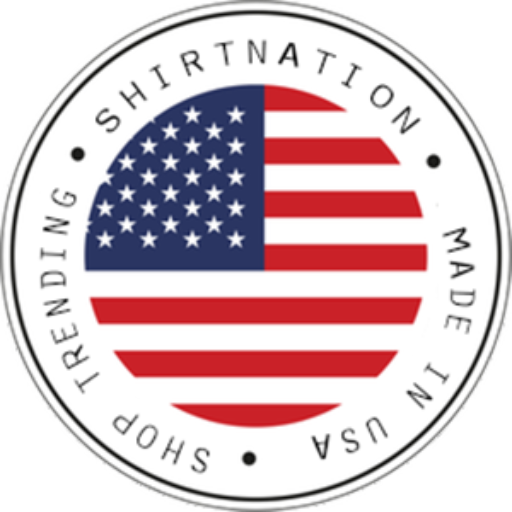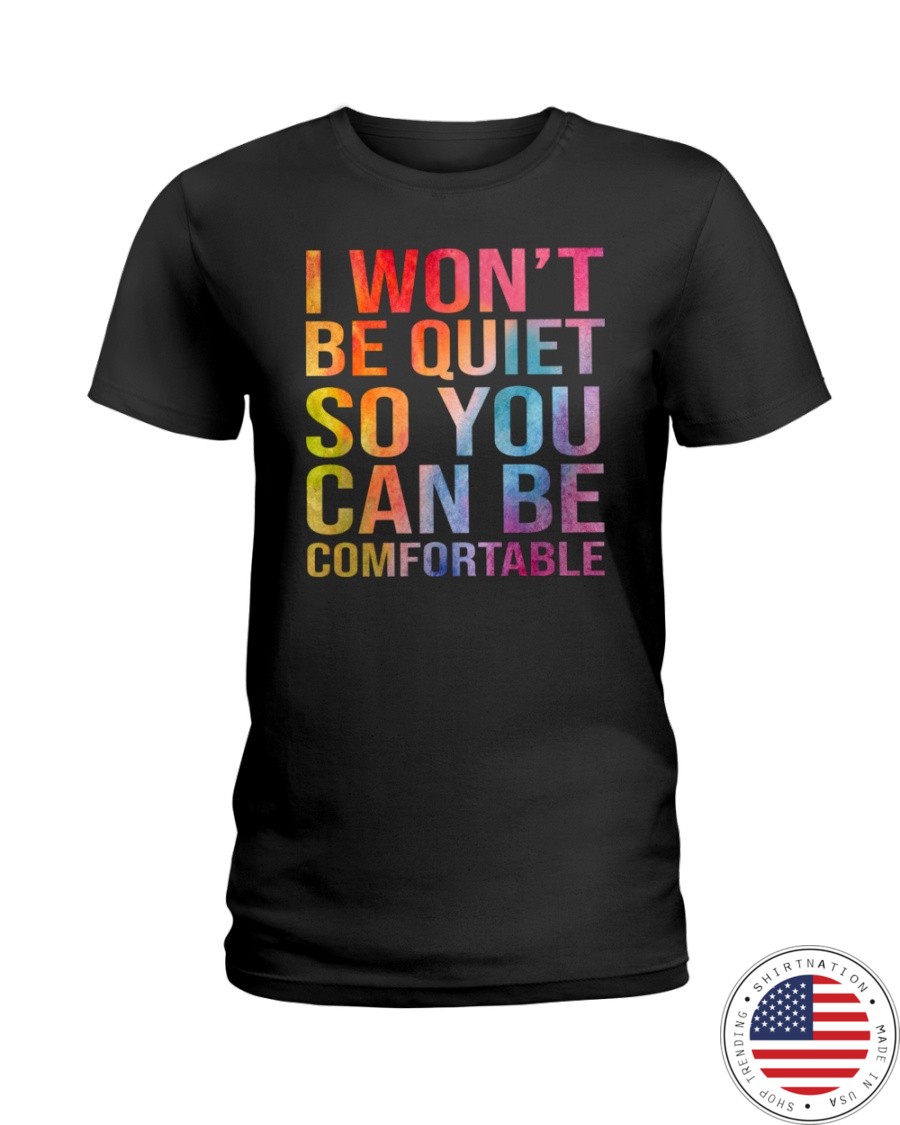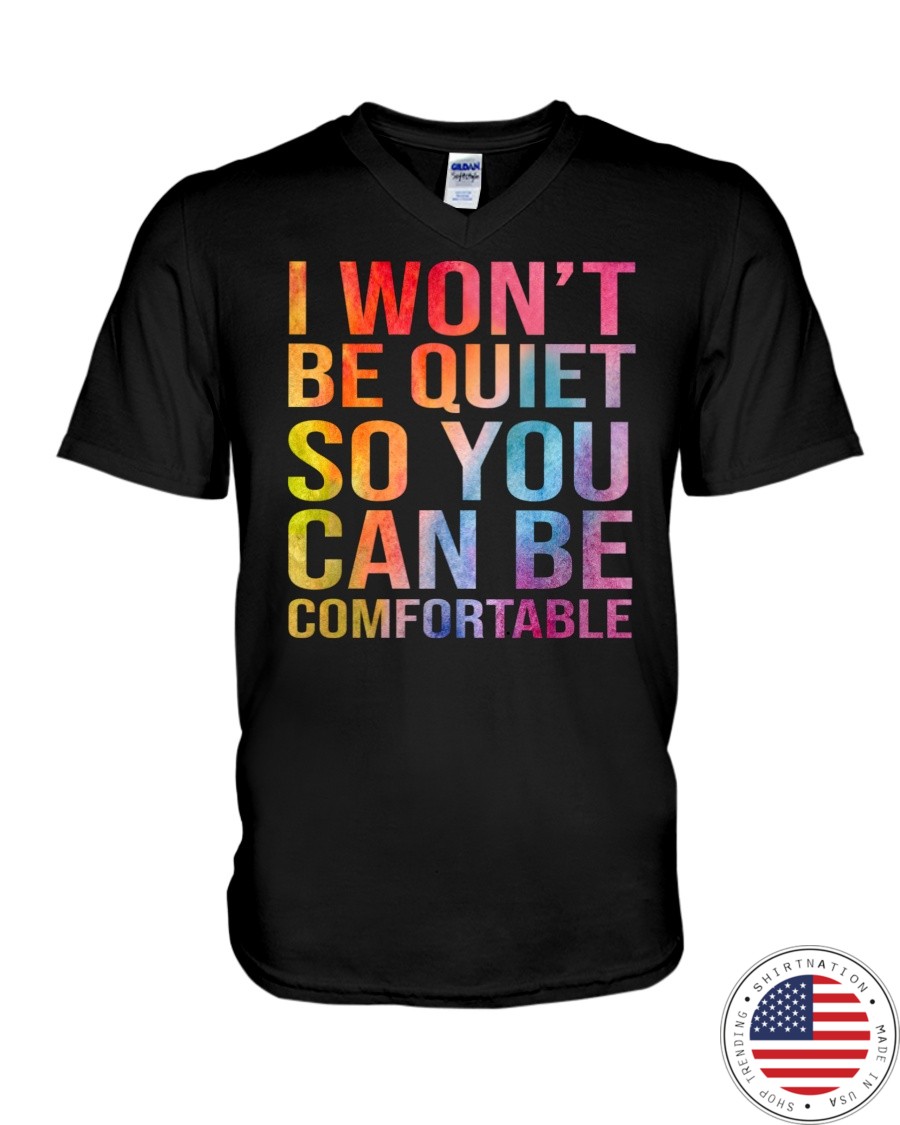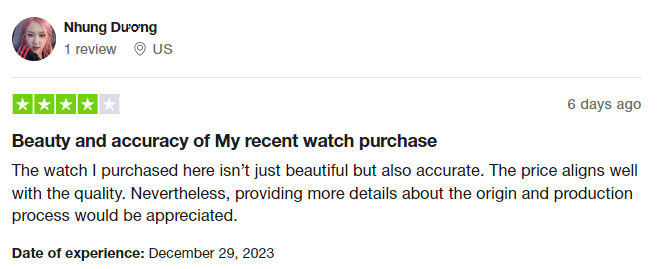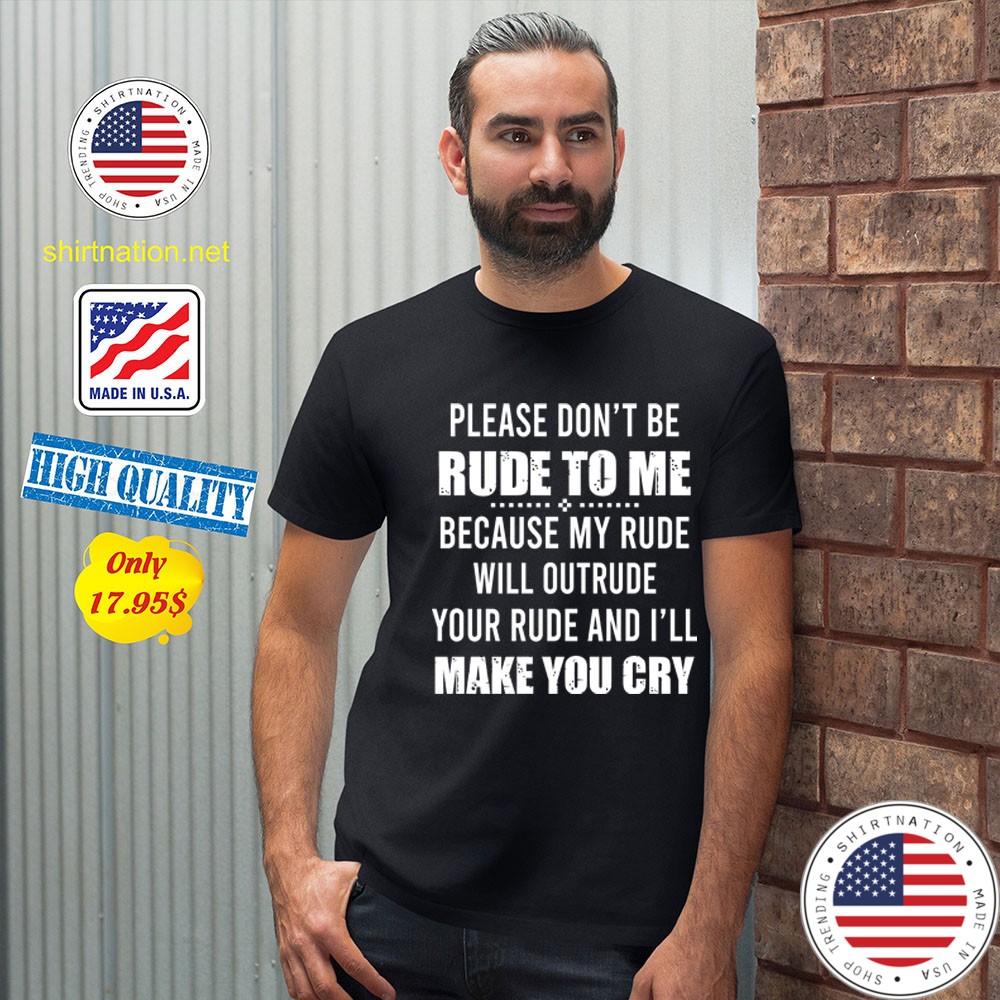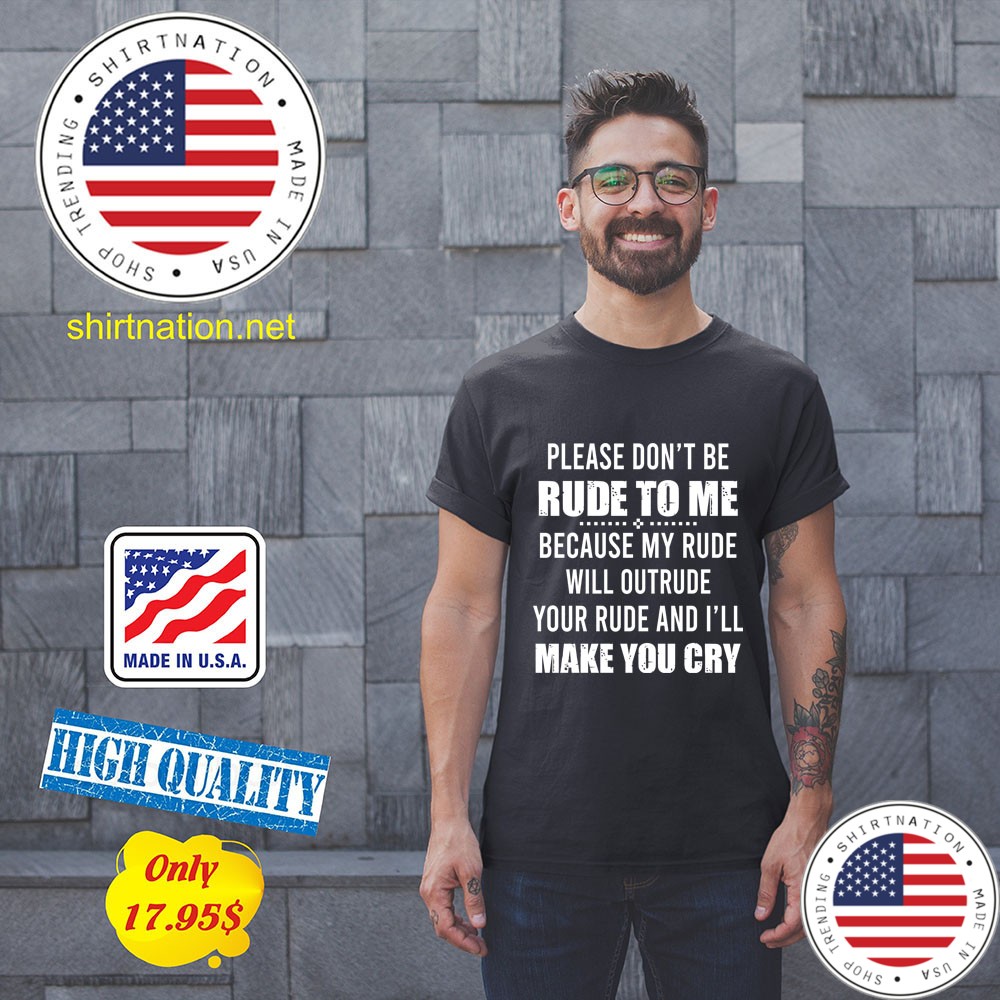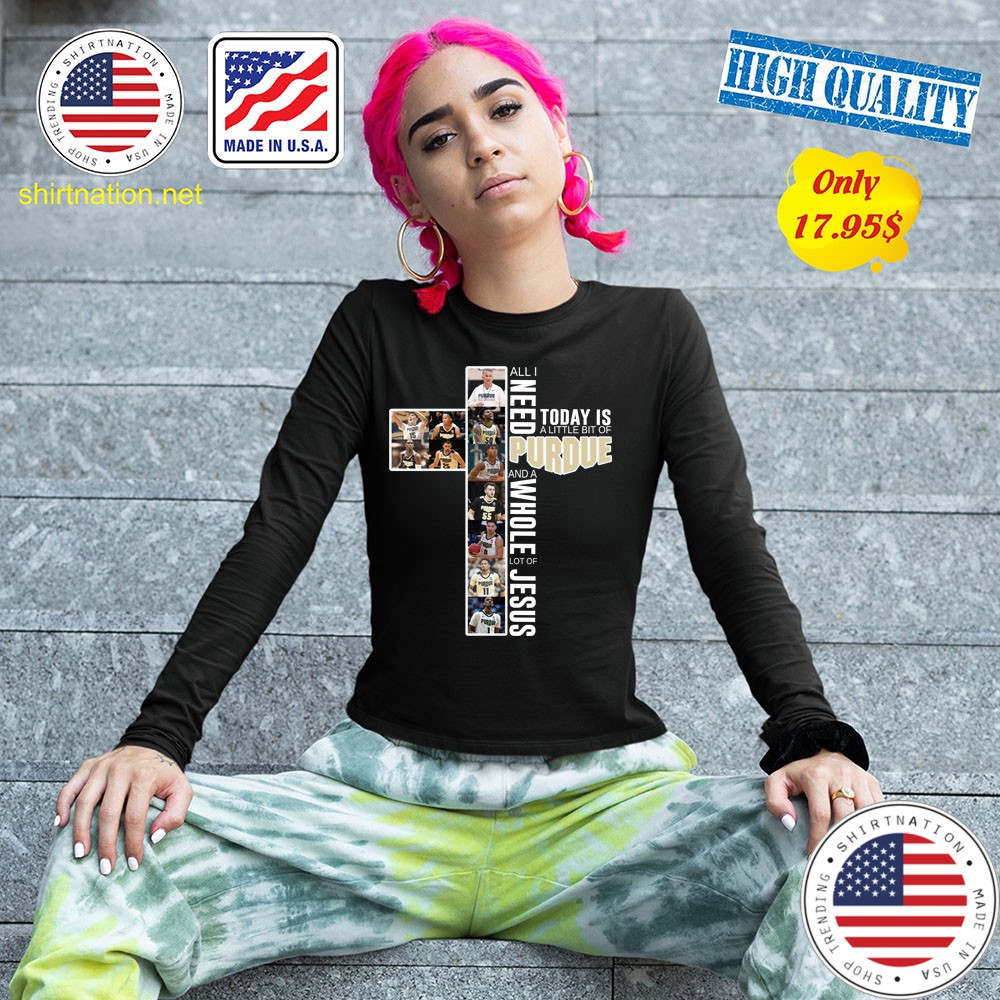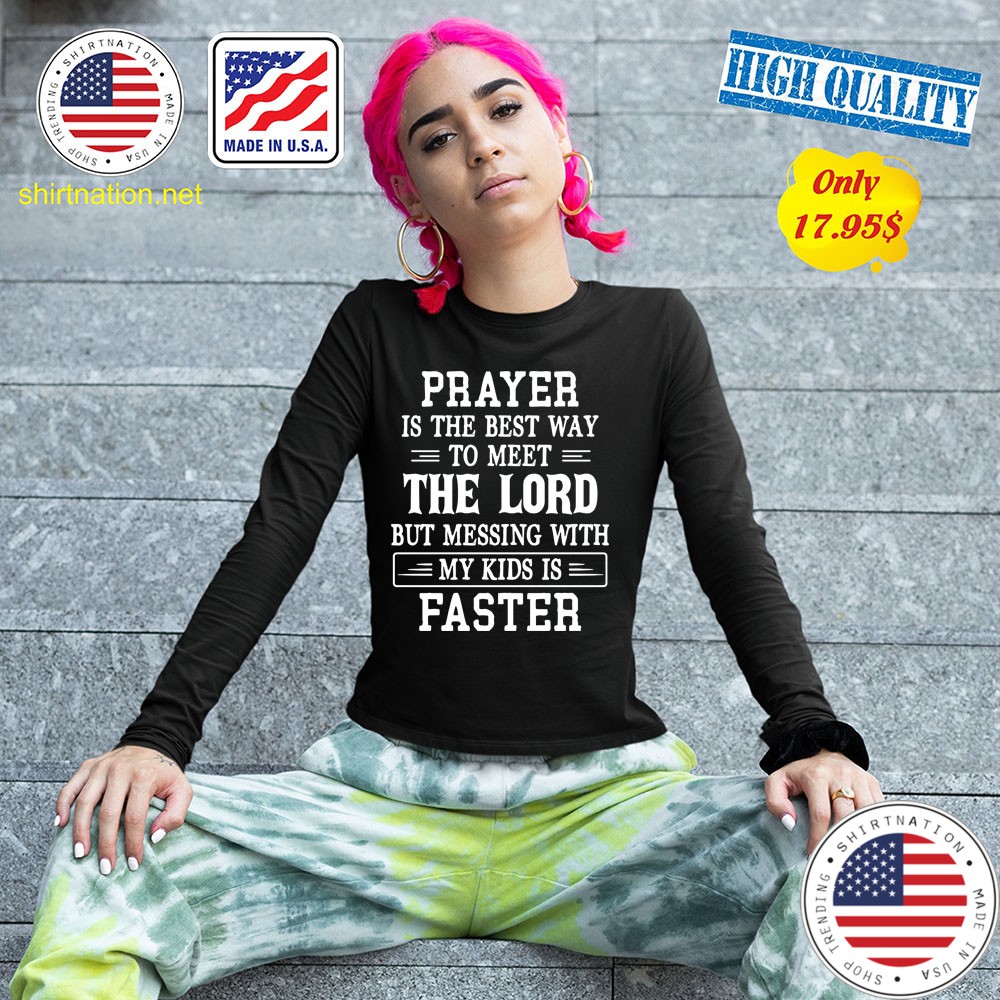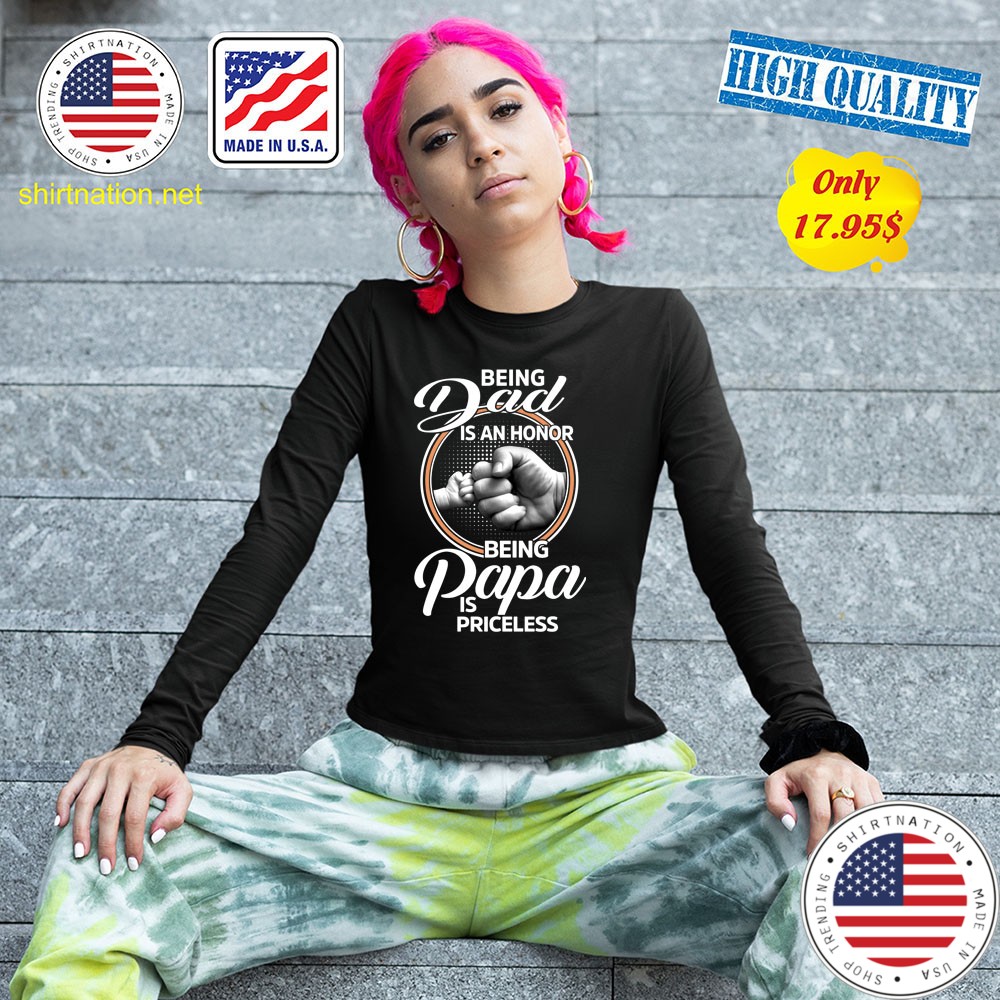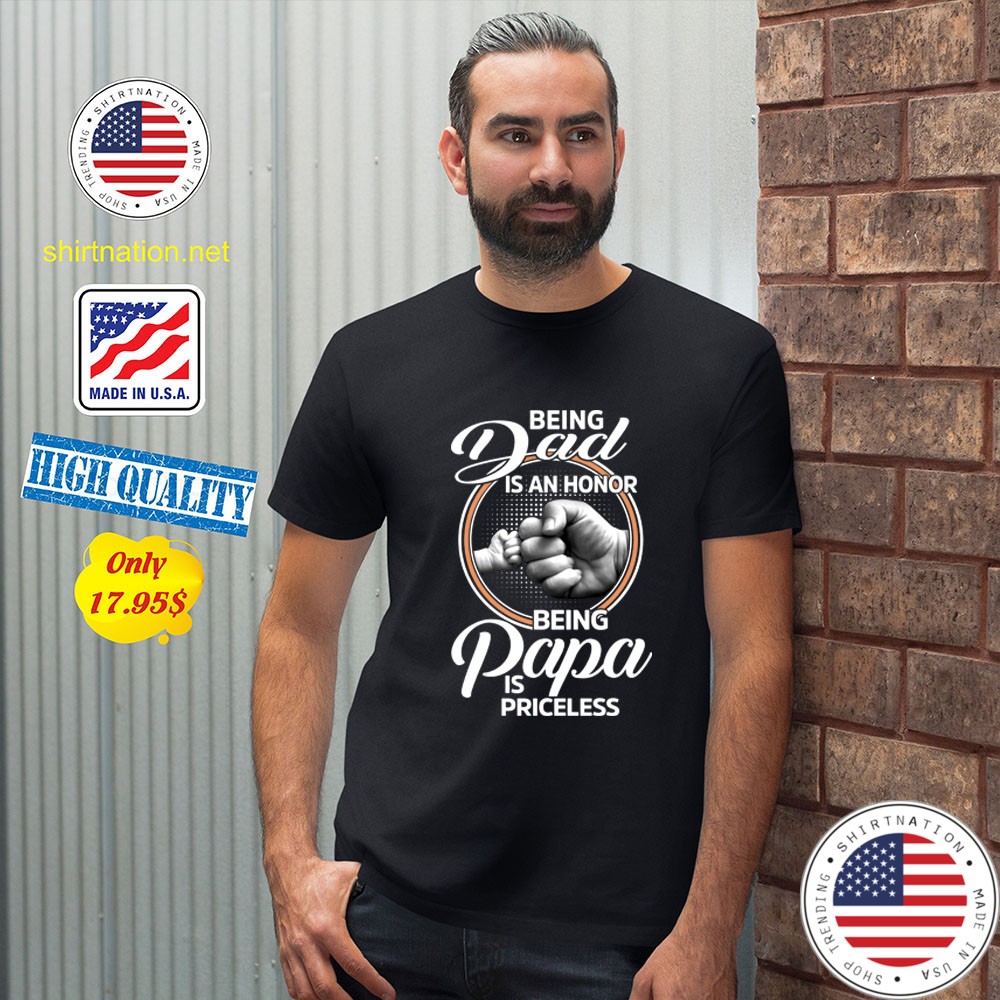I Won’t Be Quiet So You Can Be Comfortable Shirt
As the 19th century came to a close, the meaning of the white shirt was changing dramatically. The increasing availability and affordability of the shirt that was once a symbol of high status made it lose value, being slowly replaced by modern, simplistic versions of the iconic classic that focused on subtle differences in design such as style, cut, fabric and brand. At the same time, the stiffness of the white collared shirt, with its angular cuts, was exchanged for more relaxed fits suitable for formal attire. Movie stars and music icons started bringing their own interpretations to the classic apparel, with Prince wearing a white shirt with ruffles on the front, and The Beatles donning white shirts with ties.

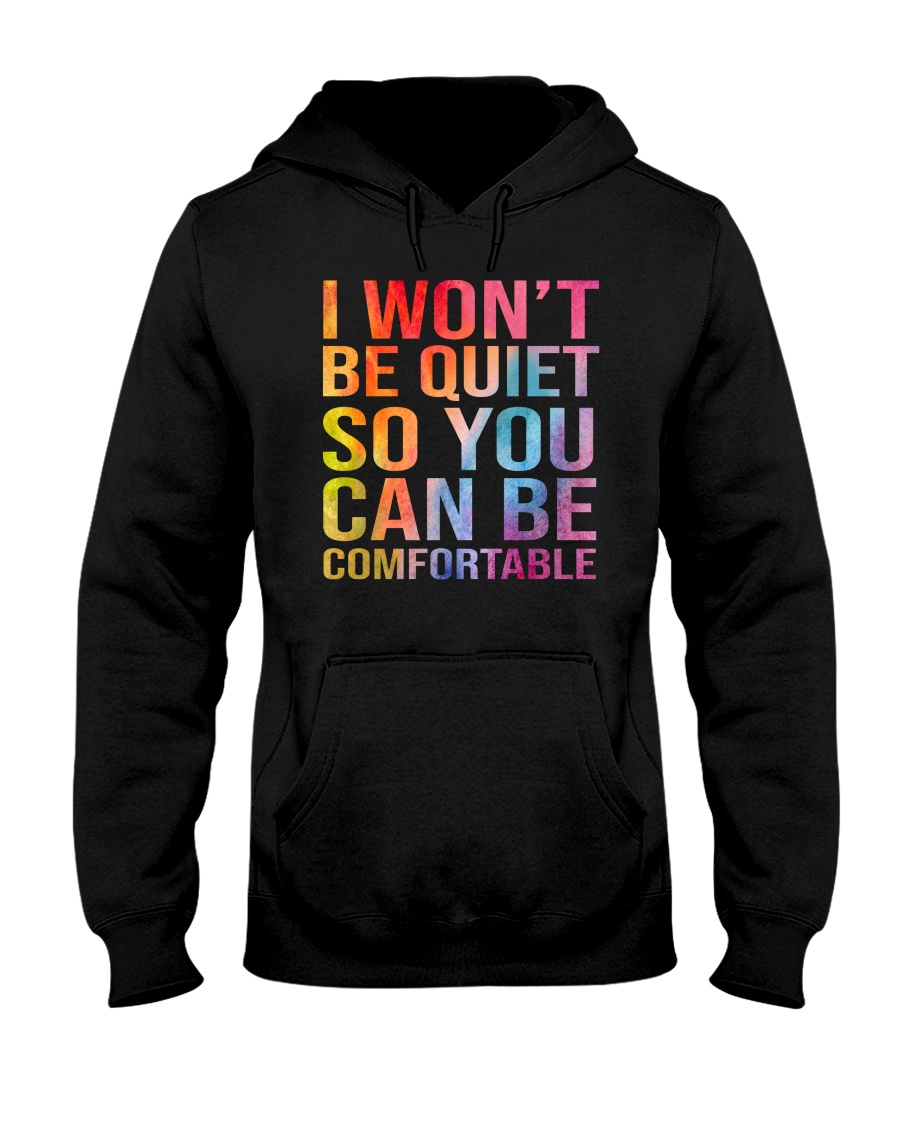
I Won’t Be Quiet So You Can Be Comfortable Shirt
Once the white button-down was no longer associated with social status and masculinity, it became fair game in fashion for women. Whereas men had utilized the white dress shirt for many purposes, women made it an iconic fashion statement. Actresses Marilyn Monroe, Audrey Hepburn, Grace Kelly and Katherine Hepburn were some of the first to try different variations of the good-ole classic button-down and the white collared shirt quickly became a symbol of fashion trends and modernity for women. In the film “Annie Hall,” Diane Keaton immortalized the white shirt in her role, while Uma Thurman in “Pulp Fiction” and Julia Roberts in “Pretty Woman” also assumed this iconic fashion piece, wearing unique, white button-downs that became synonymous with fashion trends of the 1980s and 1990s film industry.

